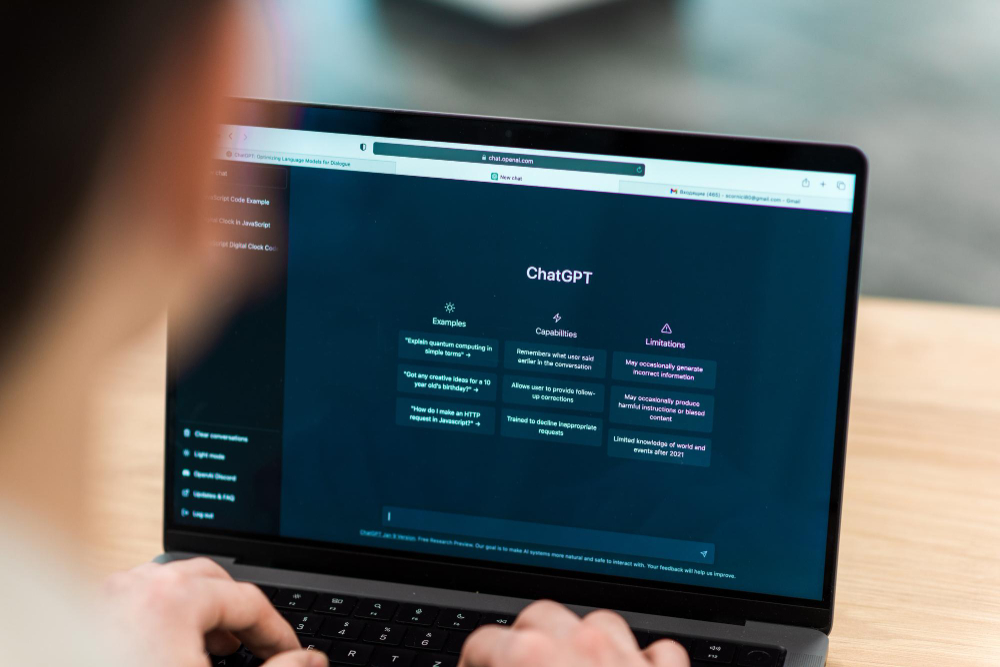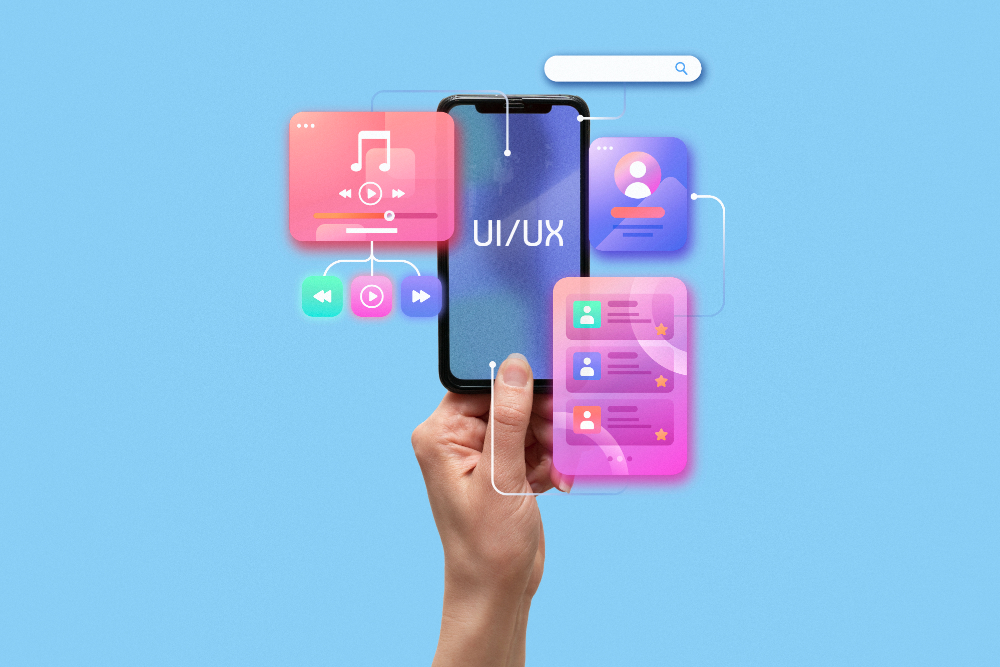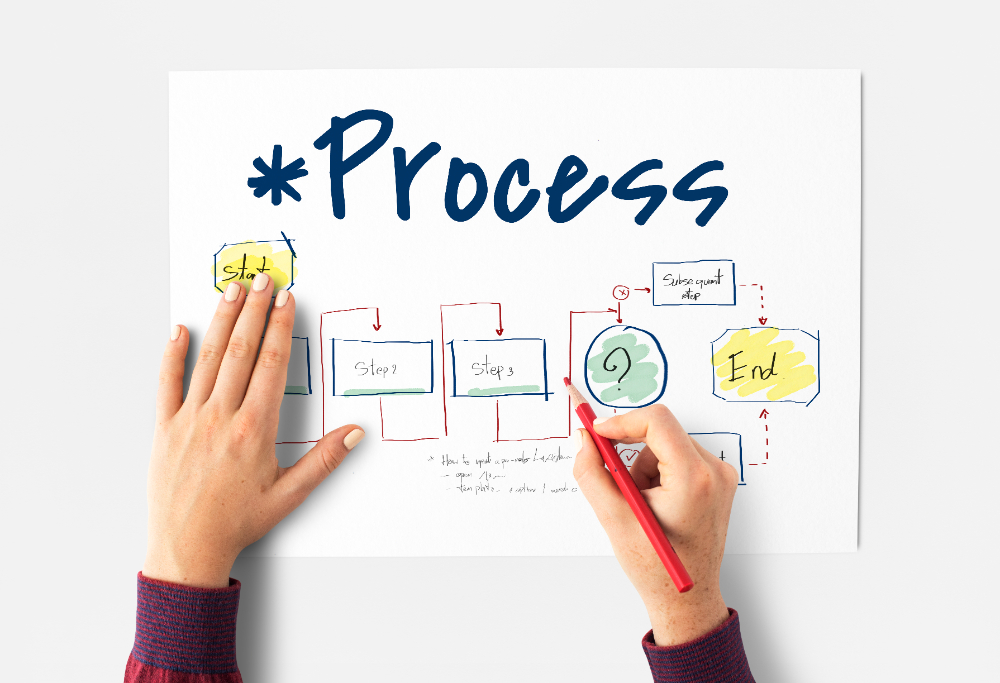Table of Contents
According to recent studies, online learning is growing at an incredible rate, with millions of people around the world diving into digital classrooms every single day.
But what's really exciting about this trend isn't just the numbers—it's what it means for each and every one of us. See, in this digital age, we're not just passive learners anymore. Nope, we're taking the reins and steering our own learning journeys like never before, thanks to a little thing called autonomous learning.
In this blog post, we're going to dive into the world of autonomous learning and explore how digital tools and platforms are giving us the power to chart our own paths to knowledge. But before we get ahead of ourselves, let's take a moment to talk about why this topic is so important.
Autonomous Learning Defined
Okay, so you might be wondering, "What exactly is autonomous learning anyway?" Well, it's pretty simple, really. Autonomous learning is all about taking control of your own learning journey. Instead of just sitting back and waiting for someone to teach you something, you're actively seeking out knowledge and figuring things out for yourself.
Think about it like this: remember those times when you had to learn something new all on your own, maybe figuring out how to ride a bike or cook a new recipe? That's autonomous learning in action!
But being an autonomous learner isn't just about being a lone wolf. It's also about being motivated, disciplined, and goal-oriented. It's about knowing what you want to learn and finding the best way to learn it—whether that's through online courses, books, videos, or good old trial and error.
The Evolution of Learning Modalities
Back in the day, when dinosaurs roamed the earth (okay, maybe not that far back), learning was pretty straightforward. You went to school, sat in a classroom, and listened to your teacher drone on and on about fractions or the French Revolution.
And hey, that worked for a lot of people! But as technology started to creep into every aspect of our lives, things began to change.
Fast forward to today, and we've got a whole smorgasbord of learning options at our fingertips. Want to learn quantum physics from a Nobel Prize winner? There's probably a YouTube video for that. Interested in mastering the art of French cooking? You can bet your croissant there's an online course for that too!
The internet has opened up a whole new world of possibilities when it comes to learning. From online courses and MOOCs (that's Massive Open Online Courses for all you acronym lovers out there) to educational apps and virtual reality simulations, the sky's the limit!
But here's the really cool part: we're not just limited to one way of learning anymore. We can mix and match different modalities to create a learning experience that's tailor-made for us. So whether you're a visual learner who loves watching videos or a hands-on learner who prefers tinkering with gadgets, there's something out there for everyone.
Digital Tools Empowering Autonomous Learners
Now that we've talked about how learning has evolved, let's dive into the nitty-gritty of how digital tools and platforms are giving us the power to take our learning into our own hands.
First up, we've got learning management systems, or LMS for short. These nifty platforms are like your personal command center for learning. They let you access course materials, track your progress, and even connect with other learners and instructors.
Online course platforms like Coursera, Udemy, and Khan Academy are like mighty digital silos of knowledge, just waiting to be accessed. With thousands of courses covering everything from astrophysics to zoology, there's no shortage of opportunities to learn something new.
And the best part? You can do it all from the comfort of your own home (or favorite coffee shop).
But it's not just courses that are helping us become autonomous learners. There are also tons of educational apps and software out there that can help us pick up new skills on the go.
Whether you're learning a new language with Duolingo, mastering the art of photography with Adobe Lightroom, or brushing up on your coding skills with Codecademy, there's an app for just about everything these days.
And let's not forget about open educational resources, or OER for short. These are like the free samples of the learning world—except instead of getting a tiny square of cheese on a toothpick, you're getting access to textbooks, lectures, and other learning materials, all completely free of charge.
Benefits of Autonomous Learning in the Digital Ecosystem
Now that we've explored some of the amazing digital tools and platforms available to us, let's talk about why autonomous learning in this digital age is such a game-changer.
First off, let's talk flexibility and accessibility. With autonomous learning, you're not tied down to a rigid schedule or location. Whether you're a night owl who likes to burn the midnight oil or an early bird who catches the worm before the sun comes up, you can learn whenever and wherever it's most convenient for you.
But it's not just about convenience—autonomous learning also puts you in the driver's seat when it comes to personalization. Instead of being stuck with a one-size-fits-all approach, you can tailor your learning experience to suit your unique needs and interests.
And let's not forget about skill acquisition. With autonomous learning, you can stay ahead of the curve by focusing on the skills that are most relevant and in-demand in your field.
The Role of Educators and Institutions
While autonomous learning puts the power in the hands of individual learners, educators and institutions still play a crucial role in supporting and guiding learners on their journey.
Let's delve into how educators and institutions can facilitate and enhance the autonomous learning experience.
Providing guidance and support: Educators can act as mentors and coaches, offering guidance and support to learners as they make their way through their learning journey.
Fostering a culture of curiosity: Institutions can create an environment that fosters curiosity and a love of learning, encouraging learners to explore new ideas, ask questions, and think critically.
Offering flexibility and choice: Educators can provide learners with flexibility and choice in how they learn, allowing them to tailor their learning experience to their individual needs and preferences.
Combining the best of both worlds: Blended learning models combine traditional classroom instruction with online and autonomous learning activities, offering learners the benefits of both approaches.
The Future of Autonomous Learning
Looking ahead, the future of autonomous learning in the digital ecosystem holds immense promise and potential. As technology continues to advance and our understanding of how we learn evolves, we can expect to see even greater opportunities for individuals to take control of their own learning journeys.
Technological innovations such as artificial intelligence (AI) and machine learning are already beginning to revolutionize education, offering personalized learning experiences that adapt to each learner's needs and preferences.
Virtual and augmented reality technologies are also poised to transform the way we learn, creating immersive and interactive learning environments that bring concepts to life in ways previously unimaginable.
Trends such as lifelong learning and micro-credentials are gaining traction, reflecting a shift towards a more dynamic and flexible approach to education. In this future landscape, learning becomes a lifelong pursuit, with individuals continuously upskilling and reskilling to stay relevant in an ever-changing world.
As autonomous learning becomes increasingly prevalent, we can also expect to see changes in the job market and education systems. Employers will place greater value on skills and competencies gained through autonomous learning, shifting away from traditional credentials towards more holistic measures of capability.
In this future world of autonomous learning, the possibilities are endless. From personalized learning experiences tailored to each individual's needs, to immersive and interactive learning environments that bring concepts to life, the future of education is bright.
In Conclusion
In a world where knowledge is just a click away, the rise of autonomous learning in the digital ecosystem is empowering individuals like never before. By taking control of our own learning journeys, we're not just acquiring knowledge—we're gaining the skills and confidence we need to thrive in an ever-changing world.
But autonomous learning isn't just about self-improvement—it's about empowerment. It's about realizing that we have the power to shape our own destinies, and to pursue our passions.
So as we journey into the future, let's embrace the opportunities that autonomous learning affords us. Let's continue to explore, to discover, and to learn, knowing that the possibilities are endless and the only limit is our imagination.

































Comments are closed.